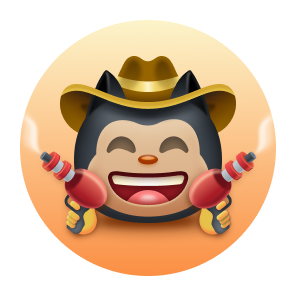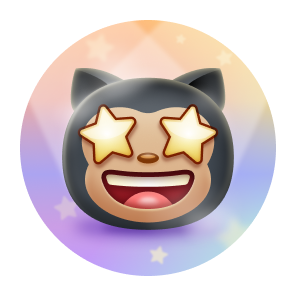I'm a former English teacher turned perpetual student of Computer Science and Software Engineering.
I implemented the COOL programming language as part of Stanford's CS143 Compilers course. This was a rewarding experience and I have a greater appreciation for the mix of theoretical and technical complexity that goes into the compilation pipeline. Out of respect for the work the course staff puts in to create their compiler framework the work will remain private for now but I am happy to share on request or discuss the compilation pipeline in detail any time.
I recently finished implementing the well-known PintOS kernel and operating system in C. This was a fun and challenging endeavor, especially with some of Stanford University's unique requirements in implementation through the CS212 course offering. From this work I have found a new interest in developing low level libraries to make systems programming easier and more pleasant. These projects started as extensions to the base operating system provided libraries and have developed into libraries under active development.
str_view- A string helper library providing read only string handling, searching, and tokenization in C (now available through vcpkg).C Container Collection (ccc)- A collection of containers written in C with a focus on memory flexibility and programmer control.
In maze-tui, I explored how to stretch the capabilities of the terminal to create beautiful visualizations of common maze building and graph searching algorithms. With the help of ratatui.rs, I was able to realize my vision of interesting and unique algorithm visualizations in the somewhat constrained environment of the Terminal User Interface. Also, the maintainers for ratatui.rs were very helpful in guiding me towards best practices with their library in the Discussion section of their repository. Go check them out! Check out the rough draft C++ version that started it all.
I also enjoy exploring new and challenging algorithms and tweaking their core ideas to apply to new and interesting problems. That is the focus of dancing-links and dancing-links-and-planning-pokemon. What started as Stanford University assignments regarding recursion, vertex covers, and independent sets, turned into reworking these ideas to solve computationally difficult problems. This led me to connect Donald Knuth's Dancing Links algorithm to a wide variety of cover problems, even applying it to a beloved video game from my childhood. These projects are written in C++ and I am currently working on big changes for dancing-links-and-planning-pokemon, using this project as an opportunity to learn about the relatively new WebGPU API and the not so new OpenGL.
After completing the PintOS projects I have many ideas for how educational operating systems can be improved. Check here for updates on my work towards implementing an operating system scaffolding similar to PintOS or xv6 for learners wanting to enter the field of operating systems. It has begun with my work on the C Container Collection (ccc), the data structure framework I hope to have at the core of the OS.






